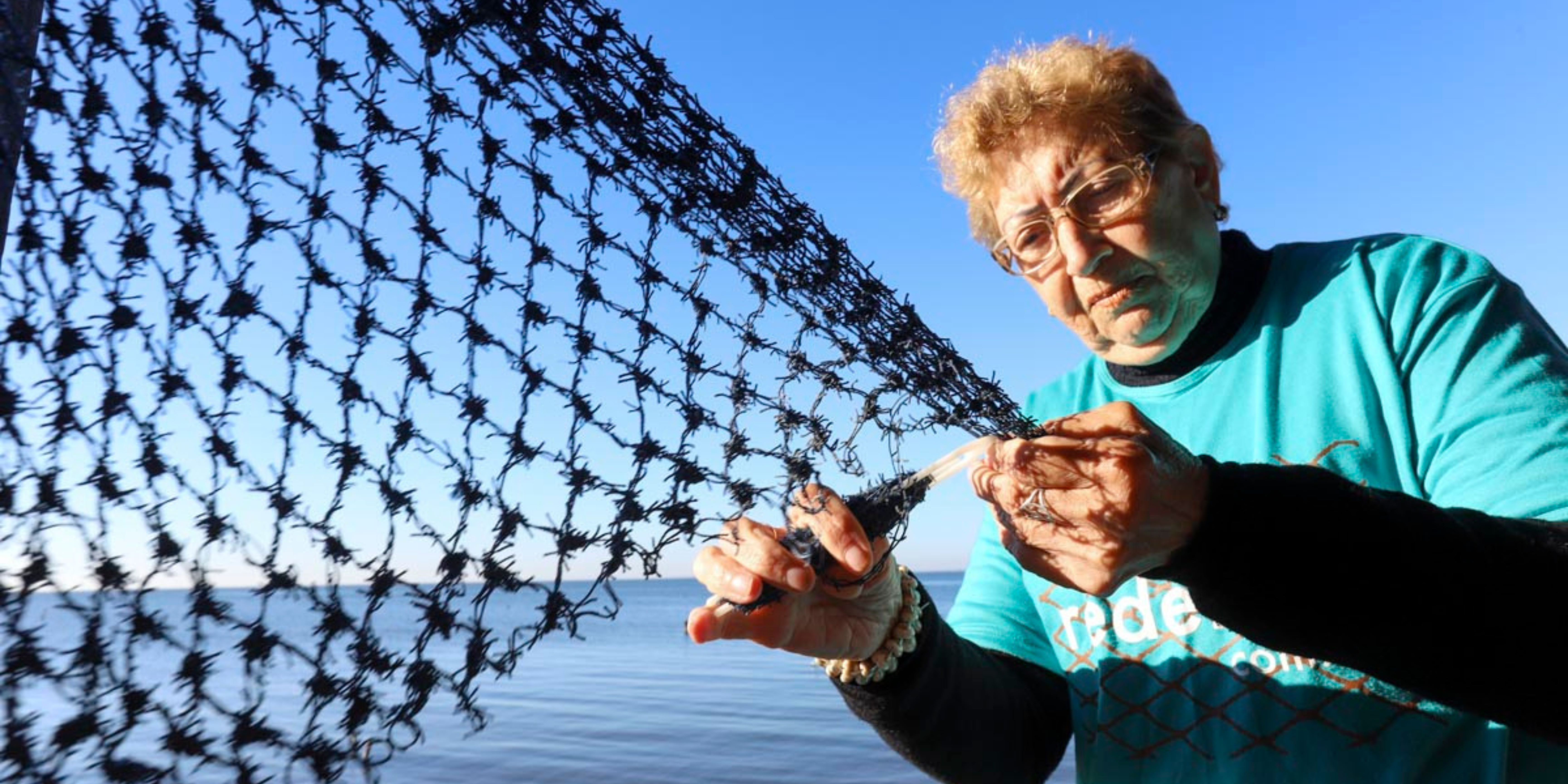Movimento Bem Maior

 ">
">
Amid countless social challenges that the world faces, gender inequality further increases the obstacles for women in their daily lives. Faced with this reality, civil society, by organizing itself in initiatives focused on female protagonism, works to build bridges so that girls and women can cross these barriers and transform their lives.
Global employment data, for example, shows how huge the disparity is. According to a report by the ILO (International Labor Organization), the participation of women in the labor market in the world was 47.4% in 2022, compared to 72.3% of men – the difference represents that, for each economically inactive man, there were two women in this situation.
With so much inequality, it is necessary to act strategically to ensure that everyone has equal rights and opportunities not only in work, but in salary, education, security, housing, health and in all areas, without stigma or prejudice. Supporting institutions that focus on female protagonism is a fundamental step on the path that will lead us to a fairer future.
To celebrate International Women's Day, celebrated this Wednesday (8), the MBM Blog presents five initiatives that have received or receive support from the Bem Maior Movement in projects that represent, precisely, bridges for female empowerment and reduction of inequalities . Find out below:
The Associação de Artesãs Redeiras do Extremo Sul is a group formed in a fishing colony in Pelotas (RS), which transforms what would otherwise be thrown in the trash into art. Fishing nets, which were used to drag shrimp, were turned into bags, wallets and toiletry . The fish scales, which would otherwise be discarded, serve as material for the production of necklaces, bracelets, earrings and other pieces.
In the region where Redeiras operates, local activities revolve around the waters of Lagoa dos Patos. Within this universe linked to fishing, the union of women to make crafts opened up more job opportunities. The pieces produced there are sold in stores in several states, such as São Paulo, Rio de Janeiro, Pará and Pernambuco.
The group brings together, among its values, a sense of collectivity and forms of social, economic and environmental sustainability. The necklaces, bags and earrings sold carry, in addition to beauty, the strength of women in transforming their realities.
…
In an unpretentious way, a small group of women in Mariana (MG) began to meet to talk on the porch of a house. There, they talked about dreams, needs and expectations. The meetings gained new fans, and the group grew exponentially and organically. After the dam collapse in the city in 2015, the movement grew a lot: in such a difficult period, they came together, and each sought to welcome the other.
This is the story of the beginning of Marianas, Mulheres que Inspiram, which today is a powerful network that supports and encourages entrepreneurship initiatives (such as opening your own business) and intrapreneurship (such as innovating within the company you already work for).
Among the work carried out, the Marianas organize meetings and hold events such as forums and fairs, which focus on generating hospitality, establishing a large network of relationships and stimulating economic development. With unity and desire to change the harsh reality, the Marianas are truly inspiring women.
…
Elas Negras Connections Network
The Elas Negras Conexões Network was created to develop actions to strengthen and train young people and black quilombola women from the Iguape Basin and Valley, in Bahia, in 2007. By bringing together other initiatives from the interior of the state, a great articulation was developed with women protagonists of social struggles.
The movement is today an incredible network of black women, young people and leaders who come from the quilombo and who are dedicated to promoting the rights of traditional communities, with a focus on the autonomy of women and youth.
For example, one of the projects carried out supports the struggle and participation of black and quilombola women, by strengthening social organization, in the realization of socio-environmental rights. This action takes place in a context in which fishermen and shellfish gatherers live in areas directly and indirectly impacted by enterprises that have established themselves in the region.
…
Piauí Articulation of Transvestites and Transsexuals-APTTRA
The activities carried out by the Piauí Articulation of Transvestites and Transsexuals-APTTRA seek to generate positive impact results on the lives of cis and trans women who are socially vulnerable.
The group fights to promote women's financial autonomy and self-esteem through actions to defend citizenship. These are initiatives that aim to overcome social risk situations, guarantee rights and combat violence.
One of the projects carried out by APTTRA with the support of the Futuro Bem Maior program offered manicure, pedicure and nail design training for socially vulnerable LBT women. By learning these techniques and participating in activities, women become professionals, increasing their chances of obtaining a stable income and improving their quality of life.
…
Rainhas do Mar was born as a collective of black and quilombola entrepreneurs specializing in traditional seafood techniques. It was a response to the unfavorable scenario faced by quilombola fishing communities in the district of Acupe, in Santo Amaro, in the Recôncavo region of Bahia.
The group works to strengthen activities that promote financial autonomy for shellfish gatherers and rural producers in the region, where a large proportion of residents depend on fishing, shellfish extraction and family farming.
The defense and preservation of fishing territory, the right to territory and the fight against environmental racism are some of the flags raised by Rainhas do Mar. Among the activities offered are political training workshops, tutoring and sports classes.
No posts found.